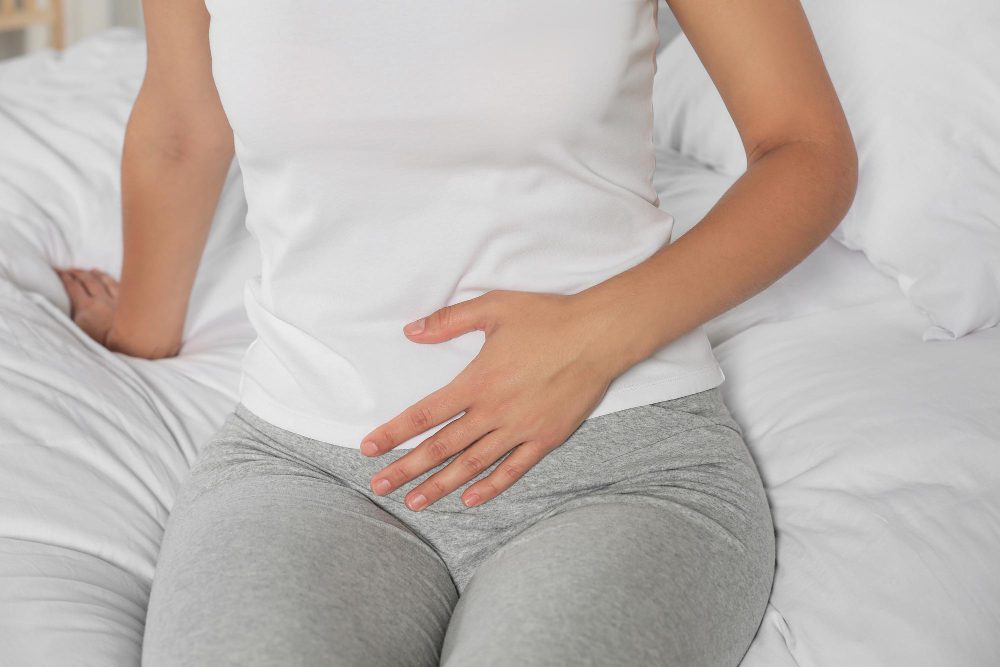If you experience any of the symptoms above, you should quickly seek medical help. A urine dipstick or microscopy is typically performed in the primary care setting (i.e. your family doctor) to quickly ascertain if there are any signs of infection in your urine if any acute UTI is suspected e.g. presence of white blood cells or bacteria. In the cases of recurrent UTIs, he/she will usually also perform a urine culture and sensitivity test. The most appropriate treatment option will then be recommended for you.
1) Antibiotics
UTIs are usually treated by oral antibiotics; in certain cases whereby the bacteria shows multiple antibiotic resistance, or in cases of severe/complicated UTI e.g. affecting the upper urinary tract system, intravenous antibiotics may be required. For those with complicated/multi-resistant UTIs, you may require prolonged treatment compared to someone with an acute, uncomplicated UTI.
2) Treatment of Underlying Conditions
In cases of recurrent UTIs, your doctor may recommend further investigations to delineate possible causes of your UTIs e.g. screening for diabetes or other medical conditions such as kidney stones. This is because in such cases, treatment and control of the underlying root cause (rather than just repeated antibiotic administration for UTIs) is important.
In cases of women experiencing UTIs after sex, a full sexual history is usually taken and measures to mitigate the risk of UTIs following intercourse can range from use of adequate sexual lubrication, voiding/washing up immediately after sex and topical vaginal estrogens particularly for peri- and post-menopausal women with evidence of atrophic vaginitis (where the vaginal skin becomes thin and dry due to reduced estrogen levelsm resulting in uncomfortable or even painful sex).



